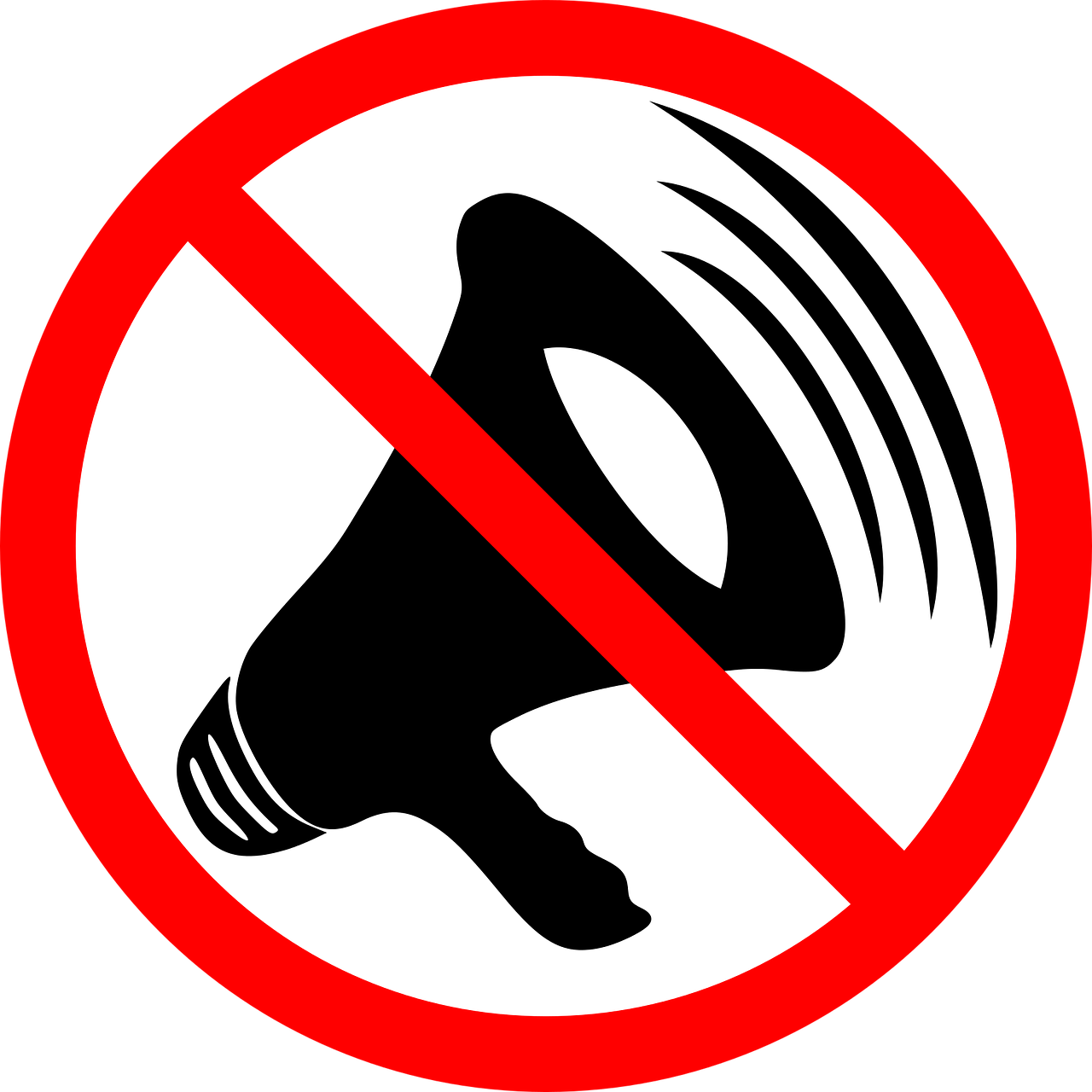Posted in Real Estate
Generally, property owners have a right to use their real estate in whatever manner they see fit. However, when that use begins to interfere with another person’s property rights, a “nuisance” may occur. A “nuisance” is a specific type of tort, or civil wrong, and may be of the private (interference with an individual’s property rights) or public (interference with property rights of the general public) variety. Noise is a common type of nuisance, as are strong odors and vibrations. 
A private nuisance is an activity which (1) substantially and (2) unreasonably interferes with the use and enjoyment of another’s property. To be considered substantial, an activity must have an “appreciable and tangible interference with a property interest.” Every landowner must deal with certain annoyances and disturbances that he or she doesn’t enjoy: loud traffic, a chain saw, a neighbor’s dog, or loud voices. These may be “customary interferences a land user suffers in an organized society.” Whether an activity is “substantial” enough to constitute a nuisance depends on the scope and intensity of the activity.
An activity must also be unreasonable to constitute a nuisance. Conduct is considered unreasonable when the benefit of the action/activity is outweighed by its harm. For example, although road construction outside someone’s house may be a substantial interference with someone’s enjoyment of their property, the work benefits the entire community and is essential to a functioning society. Therefore, the construction would likely not be deemed unreasonable.
If a nuisance is found to exist, a plaintiff might be entitled to damages and/or an injunction. A nuisance claim can be difficult to succeed upon, because claims are often neighborhood-squabbles and courts are loathe to weigh in on them. Additionally, many alleged nuisances are no more than mere annoyances or inconveniences and are not actionable.
To speak with a Welts, White & Fontaine attorney about your property or real estate law-related question, please call us today at (603) 883-0797, or use the contact form at the foot of this page.
Welts, White & Fontaine is Nashua’s largest law firm and serves the legal needs of both individuals and businesses in towns such as Amherst, Milford, Hudson, Brookline, Windham, Hollis, Merrimack, Litchfield, Bedford, Londonderry, Pelham, and of course Nashua.
